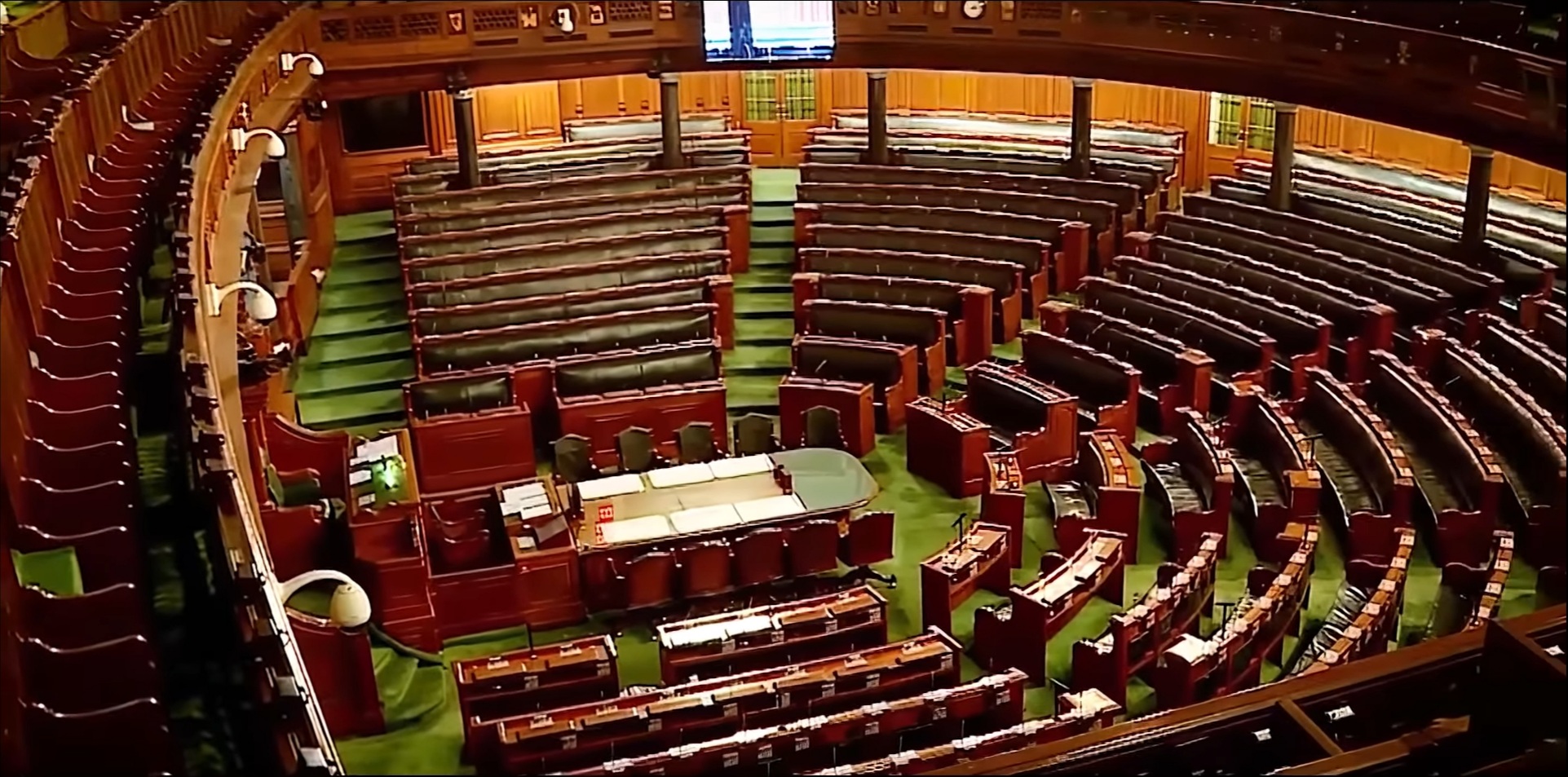News Highlight
Expressing doubts about the delimitation exercise of municipal wards in Delhi, a senior Congress leader said no elected representative has been made part of the exercise, which is mandatory under the Delimitation Act (2002).
Key Takeaway
- Under Section 5 of the Act, the commission is required to work with “associate members” or elected representatives, such as MPs, MLAs, and councillors.
What is delimitation?
- It is the act or process of defining the boundaries or limits of territorial constituencies in a country to represent population changes.
- The Delimitation Commission, or Boundary Commission of India, is a commission established by the Government of India under the provisions of the Act.
- The Commission is a powerful and independent body that cannot be challenged in any court of law.
- The orders are laid before the Lok Sabha and the respective State Legislative Assemblies. However, modifications are not permitted.
Aim
- It is to ensure that all parts of a population are represented equally.
- Geographical areas are divided fairly so that no political party gains an edge over another in an election.
- To stick to the “One Vote, One Value” principle.
Constitutional and Historical Background of Delimitation in India
- Constitutional Backing:
- After each census, Parliament enacts a Delimitation Act under Article 82.
- Every Census, under Article 170, states are divided into territorial constituencies based on the Delimitation Act.
- Enactment of the Delimitation Act led to the establishment of the Delimitation Commission
- Historical Background:
- In 1950-51, the President (with the support of the Election Commission) conducted the first delimitation exercise, and the Delimitation Commission Act was passed in 1952.
- Under the Acts of 1952, 1962, 1972, and 2002, commissions were established four times: in 1952, 1963, 1973, and 2002.
- After the 1981 and 1991 censuses, there was no delimitation.
Functions of the Commission
- To calculate the number of constituencies and their boundaries in order to make the population of all constituencies virtually equal.
- To locate seats set aside for scheduled castes and scheduled tribes in areas where their populations are substantially large.
- In the event of a disagreement among Commission members, the majority opinion takes precedence.
- In India, the Commission is a powerful organisation whose decisions have legal weight and cannot be challenged in court.
Composition of the Commission
- According to the Commission Act, 2002, the Commission will have three members: a serving or retired judge of the supreme court as the chairperson; the chief election commissioner as an ex-officio member and the representative of state election commissioners.
Content Source: The Hindu



